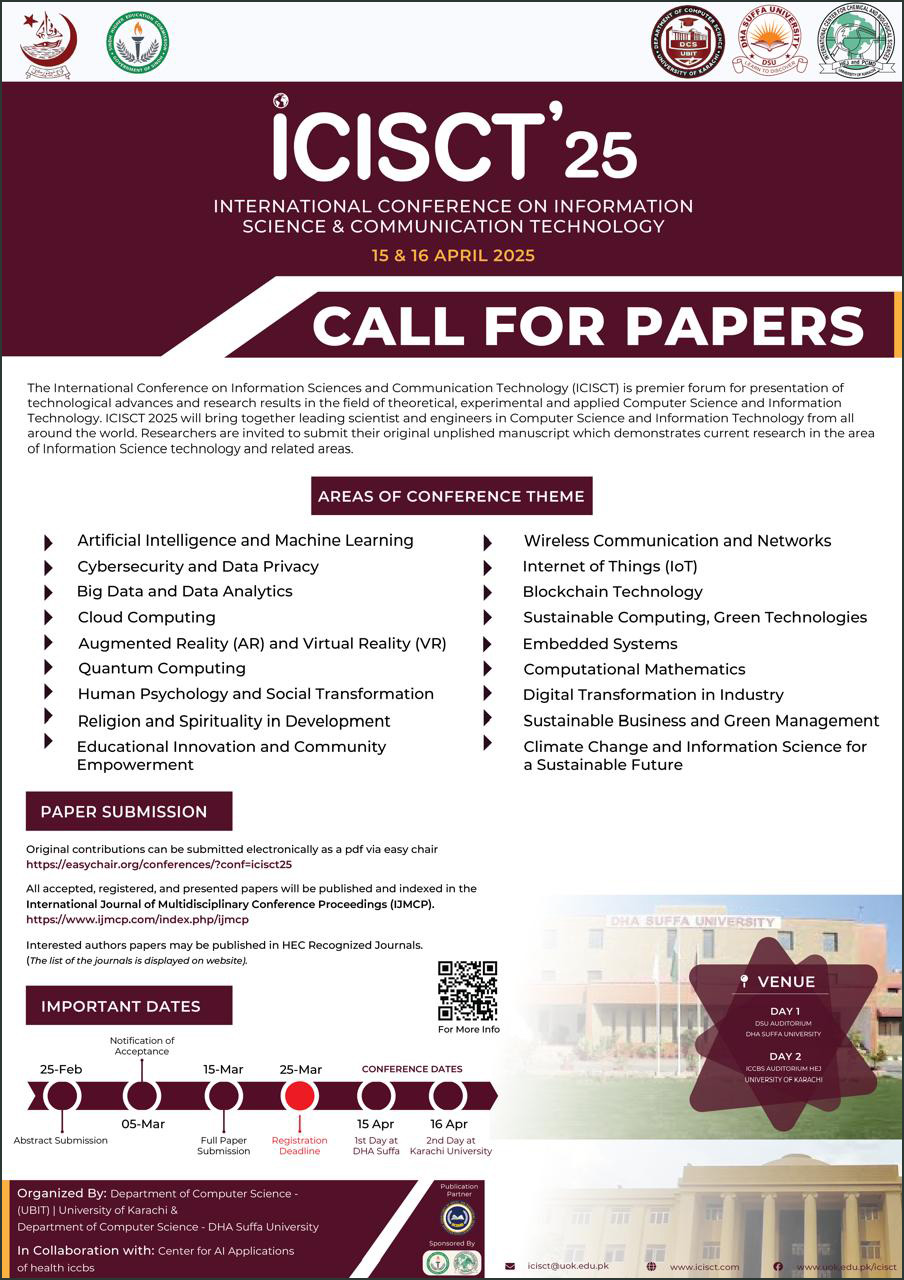A Progressive Beginning Ends in Reactionary Politics: Bhutto and the Punjab Left
DOI:
https://doi.org/10.61503/cissmp.v2i4.74Keywords:
Reactionary, Progressive, Cooptation, Bhutto, Left, PunjabAbstract
This research paper examines the significant transformation of the Punjab Left during the turbulent 1970s. It aims to study the rise and subsequent relative decline of the Punjab left in the context of Zulfikar Ali Bhutto's emergence and rise to power. Bhutto, who earlier championed socialist ideologies, later turned more reactionary and anti-left through more authoritarian and reactionary politics which has subsequently marginalized the Punjab left and socialist politics at large in Pakistan. This qualitative study uses both primary and secondary sources including archives, newspapers, magazines, reports, interviews books, and articles to explore and analyze how Bhutto responded to the radical demands and politics of the left and how he perceived them as a threat to his politics of populism. This weakening of the Punjab left hindered the project of people-centric politics in Pakistan and paved the way for the restoration of the status quo and elite-driven polity. The paper employs cooptation theory to explain and analyze how elite-led parties appropriate and coopt people’s movement and popular politics. The findings underscore the transformative impact of Bhutto's authoritarian turn on socialist politics, revealing how the weakening of the Punjab left contributed to a setback in people-centric politics, fostering a return to elite-driven politics in Pakistan.
Downloads
Downloads
Published
Issue
Section
License
Copyright (c) 2023 Contemporary Issues in Social Sciences and Management Practices

This work is licensed under a Creative Commons Attribution-NonCommercial 4.0 International License.
Contemporary Issues in Social Sciences and Management Practices (CISSMP) licenses published works under a Creative Commons Attribution-NonCommercial (CC BY-NC) 4.0 license.









